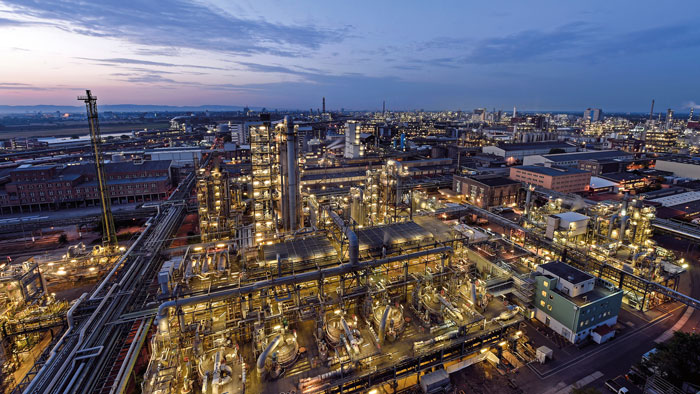
BASF a step closer towards the construction of new Verbund site in Zhanjiang, China
Germany’s chemical giant BASF has inaugurated a new liaison office in the southern city of Zhanjiang, a step closer to implementing its plans for a new Verbund chemical production site in China.
The planned Verbund site in Zhanjiang, Guangdong Province, would be BASF’s largest investment, which is estimated to reach up to USD10 billion when completed. BASF signed the first memorandum of understanding with the Guangdong Provincial Government in Berlin, Germany, in July 2018 and on 9 January 2019 the Framework Agreement.
Zhanjiang is located at the heart of southwestern Guangdong, China, with more than 8 million residents. Zhanjiang has abundant natural resources, an excellent deep-water port and other transportation links, and an engaged, educated workforce. It is also a city with a long history – it was an early departure point on the Maritime Silk Road.
Importantly, Zhanjiang is the right location to serve customers in Guangdong Province, the company said. Guangdong is home to key customer industries for BASF, like transportation, consumer goods, and electronics. With more than 110 million residents and annual GDP growth of 7%, it is one of the fastest-growing markets for innovations from chemistry.
According to Lin Hanping, project leader of BASF’s Zhanjiang Verbund site, the project will include a wholly owned steam cracker with a planned capacity of 1 million tonnes of ethylene per year and several plants for consumer-oriented products and solutions. The first batch of plants is expected to come into operation by 2026 at the latest, Lin added.
“The Zhanjiang site will offer solutions to help our customers in southern China manufacture high value-added products more efficiently, more sustainably and with high quality,” said Sanjeev Gandhi, member of the board of executive directors of BASF SE, responsible for Asia-Pacific.
Under the Verbund system, production is highly integrated to make the best use of synergies in infrastructure, logistics, raw materials, and energy.
Lin said the site would ultimately be the third-largest BASF site worldwide, following Ludwigshafen, Germany and Antwerp, Belgium, providing products and solutions for local and multinational manufacturers in southern China in industries including automotive, construction, high-speed rail, electronics, home and personal care and even aerospace.









